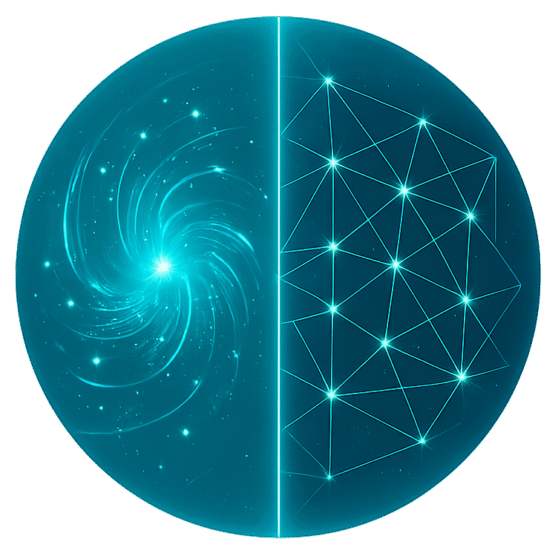Discovering New Knowledge: The Path to Continuous Self-Improvement
In today’s fast-paced world, the ability to continuously seek out new knowledge is essential for personal growth and self-improvement. Embracing a mindset of lifelong learning can significantly enhance cognitive abilities, creativity, and overall wellbeing. To cultivate this habit, it is crucial to explore various ways to discover new information and experiences.
Reading is one of the most effective methods to acquire new knowledge. Books, articles, and online content can provide a wealth of information on a wide range of subjects. By diversifying your reading material, you can gain different perspectives and insights, which can foster intellectual curiosity and stimulate critical thinking. Setting aside dedicated time each day for reading can help integrate this habit into your daily routine.
Engaging with diverse content online is another powerful way to expand your knowledge base. The internet offers an abundance of resources, including educational websites, blogs, podcasts, and videos. By exploring content from various fields, you can discover new interests and stay updated on current trends and advancements. This not only enhances your understanding of the world but also keeps your mind active and engaged.
Staying curious and open-minded is crucial for continuous self-improvement. Learning about different subjects, whether related to your professional field or personal interests, can lead to unexpected connections and innovations. For example, understanding basic coding principles can open doors to new career opportunities and improve problem-solving skills. Similarly, delving into topics like history, science, or art can boost creativity and provide a richer, more nuanced view of the world.
To integrate the habit of discovering new knowledge into your daily life, consider setting specific goals or challenges. For instance, commit to reading a certain number of books per month or exploring a new topic each week. Joining discussion groups or online communities can also provide motivation and support, as well as opportunities to share insights and learn from others.
Ultimately, being a lifelong learner has profound long-term benefits for both personal and professional development. It encourages adaptability, resilience, and a proactive approach to problem-solving. By continually seeking out new knowledge and experiences, you can empower yourself to thrive in an ever-changing world.
Learning to Code: A Gateway to Future-Proof Skills
In today’s rapidly evolving digital landscape, learning to code has become an invaluable skill that opens doors to myriad opportunities. Coding not only enhances problem-solving abilities and logical thinking but also paves the way for a multitude of career prospects across various industries. The capability to write code is akin to acquiring a new language, one that is essential for navigating the technological world.
The benefits of coding extend beyond the technical realm. Engaging with programming languages fosters a structured approach to problem-solving, encouraging a methodical and analytical mindset. This cognitive development translates into improved decision-making and creative thinking. Moreover, the demand for coding skills spans across sectors, from healthcare and finance to entertainment and education, offering a diverse array of career paths.
Choosing the right programming language depends on individual interests and career objectives. For web development, HTML, CSS, and JavaScript are fundamental. Those interested in data science might gravitate towards Python or R, while aspiring mobile app developers could explore Swift for iOS or Kotlin for Android. Additionally, languages like Java and C++ are widely utilized in software development and engineering.
Getting started with coding is more accessible than ever. Numerous online courses, such as those offered by platforms like Coursera, Udemy, and Codecademy, provide structured learning paths. Coding bootcamps, both online and in-person, offer intensive, immersive experiences designed to equip learners with job-ready skills. Practice platforms like LeetCode and HackerRank enable learners to hone their skills through real-world coding challenges.
Beginners often encounter challenges such as debugging errors or understanding complex concepts. Persistence is key; breaking problems into smaller, manageable tasks can alleviate frustration. Engaging with coding communities, participating in forums, and seeking mentorship can also provide invaluable support and motivation.
There are countless inspiring stories of individuals who have transformed their careers through coding. From artists who have ventured into tech to professionals who have pivoted from unrelated fields, the transformative potential of acquiring coding skills is evident. By embracing the journey of learning to code, individuals not only future-proof their careers but also unlock a world of creativity and innovation.

